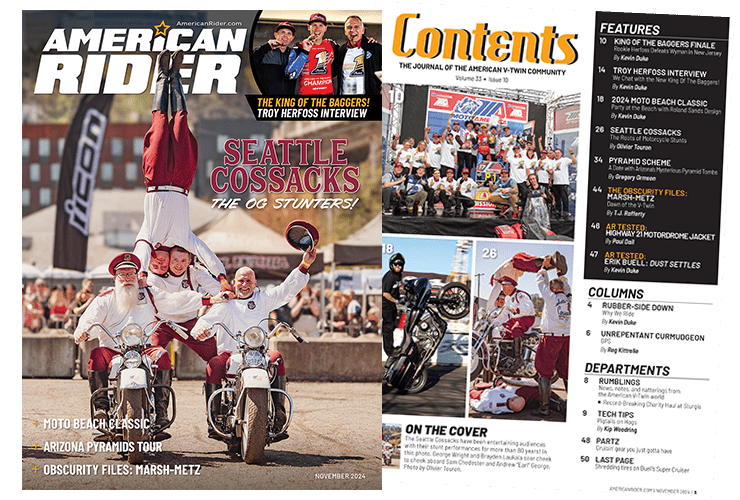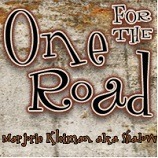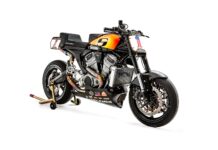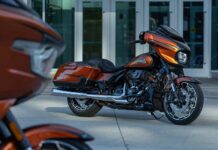A year and a half ago, President Trump invited a group of Harley-Davidson executives to the White House and sang their praises loudly. The meeting was intended to focus on job creation in the U.S. (Harley had cut 225 jobs the prior October). During the meeting, Trump was quoted as saying, in part, “It’s great to have Harley-Davidson. What a great, great group of people and what a fantastic job you do… Harley-Davidson is a true American icon, one of the greats… You’ve given me tremendous support, your workers in particular.”
However, after Harley announced on June 25 this year that it would shift some production of its motorcycles to Thailand to avoid tariffs imposed by the European Union as one result of the current trade wars, Trump changed his tune, “Surprised that Harley-Davidson, of all companies, would be the first to wave the White Flag. I fought hard for them and ultimately they will not pay tariffs selling into the E.U., which has hurt us badly on trade, down $151 Billion. Taxes just a Harley excuse—be patient!” It’s unclear how patient Harley, or any other manufacturing company that uses steel or aluminum, would have to be and for how long, of course, but what Harley has revealed is that tariffs have increased from six to 31 percent, adding an average of $2,200 to the cost of every motorcycle exported from the U.S. to Europe.
And because one tweet is never enough, the next morning the Twitterverse saw, “A Harley-Davidson should never be built in another country—never! Their employees and customers are already very angry at them. If they move, watch, it will be the beginning of the end—they surrendered, they quit! The Aura will be gone and they will be taxed like never before!”
Then there was the Trump tweet on the 26th: “Early this year Harley-Davidson said they would move much of their plant operations in Kansas City to Thailand. That was long before Tariffs were announced. Hence, they were just using Tariffs/Trade War as an excuse. Shows how unbalanced and unfair trade is, but we will fix it…” Several days later he claimed, “Everybody who bought a Harley-Davidson voted for Trump…” and then, fanning the flames further, “And I had them for lunch 6 months ago… I think I taught them more about tariffs than I could ever learn… I think they’re going to take a big hit.”
Although it’s ludicrous to state that every Harley owner voted for Trump, these tweets caused quite a dilemma for those that did: which side to pick? Heated arguments erupted online, and in person, about the alleged moving of production from the K.C. closing with many dismissing the fact that it was back in May 2017 when Harley had announced they were planning to build a factory in Thailand to serve Southeast Asia, a growing market for the Motor Company. The move was also intended to circumvent Thailand’s up to 60-percent tariff on imported motorcycles. The Kansas City plant closing, due to declining motorcycle sales in the U.S., wasn’t announced until January of this year. And although 800 jobs are being cut due to the closing, 450 are being added in York, Pennsylvania, where some of the production will be sent from K.C.
Union leaders have vehemently articulated their disappointment and displeasure at these strategies, although Harley denies a connection between the K.C. closing and the production facility in Thailand, stating, “The plant under construction in Thailand is a separate and unrelated issue. Part of our long-term strategy is to grow our international business to 50 percent of our annual volume by 2027. The Thailand facility will allow us to be competitive and provide riders greater access to our brand and our products in an expanding global marketplace.” This is not a first for Harley, though; besides Thailand, the company operates plants in Brazil, Australia and India to serve those respective markets.
Adding even more fuel to the fire, a tweet was falsely attributed to Harley-Davidson CEO Matt Levatich: “Our decision to move some of our operations is 100 percent based on President Trump’s tariffs. Mr. Trump knows nothing about economics and even less about trade. The man is a moron.” In the years I’ve been part of the motorcycle industry, I’ve never known Harley-Davidson to get involved in street scuffles. Regardless of the slings and arrows shot at them by competitors, the Motor Company has generally taken the high road, not bad mouthing anyone and commenting on only its own business. Being that the president exemplifies the Twitterati zeitgeist, the tweet went viral, and apparently Harley felt compelled to defend itself. The next day Levatich tweeted, from Harley’s official Twitter handle, “It’s shameful we live in a time when people create fake quotes. There’s one attributed to me on Twitter. I have not, nor would I ever speak about the President of the United States or anyone else in that way.” So there.
Even with the hard choices Harley has had to make, there are employees at the York plant that still support their employer. Some of the workers have opined that, although they’re sympathetic to Trump’s concerns, he would have—and has—taken the same types of actions with his corporations to survive.
And the region’s love for the Motor Company has become apparent in the revival of a bill introduced into the Pennsylvania House of Representatives a year ago: for Harley-Davidson to be named the state motorcycle of Pennsylvania. Amid much conjecture about the suspicious timing, bill co-sponsor Representative William Kortz II declared, “This is not a shot at the president.” Kortz is a Harley rider himself and worked at U.S. Steel when it supplied steel for H-D gas tanks and fenders. The bill starts off with, “The Harley-Davidson motorcycle is a true-blue American iron horse manufactured in Pennsylvania by American workers using American steel.” I think that says it all.



















